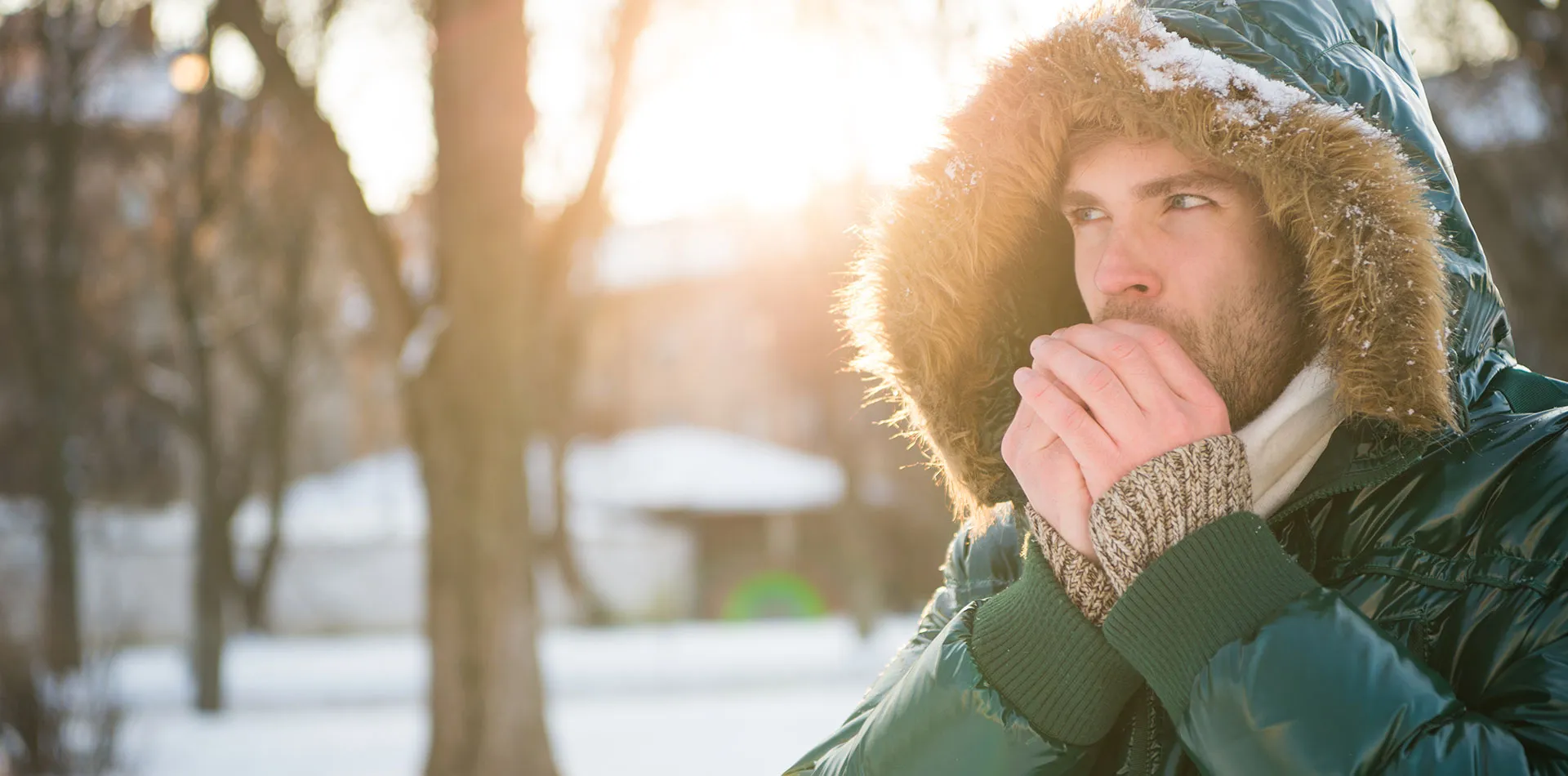
Hypothermia causes the body’s temperature to drop fatally low, below 95° F (35° C), resulting in a medical emergency. The condition develops when the body loses heat faster than it can produce. It occurs mainly when the body has prolonged exposure to cool or cold temperatures or immersion in cold water.
When the body temperature drops dangerously low, the heart, nervous system and other organs stop working correctly. Hypothermia is a critical state that affects the brain when left untreated, making it hard to think. It may also cause vital organs to cease functioning, leading to a heart attack, kidney failure, liver damage, respiratory system failure, and eventually to death.
The primary treatments are methods of bringing the heat back to the body to return temperatures to their normal levels of 98.6 F (37 C).
The symptoms start with shivering when the temperature begins to fall as this body’s automatic protection against cold temperature — an effort to warm itself.
It may be followed by slurred speech or mumbling, weak pulse, slow, shallow breathing, and loss of consciousness. Other signs include clumsiness or lack of coordination, drowsiness or deficient energy levels, confusion or memory loss and bright red, cold skin in the case of infants.
Generally, people with hypothermia are not aware of their condition as the symptoms gradually occur and may cause confused thinking, preventing self-awareness, sometimes leading to risk-taking behavior.
When you suspect someone has hypothermia, call on the emergency number and seek medical help immediately. Until the emergency team arrives, gently move the person inside if possible, don’t shake the person as it may trigger serious irregular heartbeats. Carefully remove the wet clothing, replacing them with warm clothing and blankets.
Hypothermia happens when the body loses heat faster than it produces. It usually occurs due to prolonged cold-weather conditions or cold water exposure, especially when you have not dressed suitably or can’t control the conditions.
Conditions leading to hypothermia are:
• Living in the cold conditions for too long, or a house that’s too cold, from inadequate heating or extreme air conditioning.
• Not suitable dressed in warm clothing required for weather conditions.
• Sudden fall into the water, in case of a boating accident.
• Unable to change wet clothes was long or move to a warm, dry place.
The body may lose heat when heat radiates from unprotected surfaces of your body or due to direct contact with something too cold like cold water or the cold ground, etc. Also, when wind removes body heat - taking away the thin layer of warm air at the surface of your skin.
• Fatigued people will have reduced tolerance to cold.
• Older age may reduce the body’s ability to regulate temperature or sense cold and move to a warm location.
• Very young age, children can lose heat faster than grown-ups or may not have the proper judgment to dress suitably or move out of the cold.
• Mental problems issue, people with dementia or other conditions can interfere with their judgment and understanding the risk of cold weather.
• Alcohol can makes your body feel warm inside, but it causes the blood vessels to expand, leading to more rapid heat loss from the surface of your skin.
• The use of alcohol or recreational drugs may impact the person’s judgment to move inside or wear warm clothes in cold-weather conditions.
• Certain health disorders can impact your body’s ability to regulate body temperatures, like an underactive thyroid (hypothyroidism), poor nutrition or anorexia nervosa, diabetes, stroke, and severe arthritis.
• Some medications like antidepressants, antipsychotics, narcotic pain medications may also reduce the body’s strength to regulate its temperature.
Hypothermia caused by exposure to cold weather or cold water may also raise their vulnerability to other cold-related injuries like freezing of body tissues (frostbite) or decay and death of tissue resulting from an interruption in blood flow (gangrene).
Follow the simple acronym 'COLD' advise when stepping out in cold weather:
• Cover. Have proper protective covering- hat, gloves etc., to prevent body heat from escaping from the head, face and neck.
• Overexertion. Avoid actions that make sweat a lot. The wet clothing and cold weather may also result in loss of body heat faster.
• Layers. Wear a suitable loose-fitting, layered, lightweight outfit; the top layer of clothing must be tightly woven, water-repellent material for wind protection and wool, silk or polypropylene as inner layers to hold body heat.
• Dry. Make sure to keep hands and feet dry; move out of wet clothing quickly as possible.
For children and infants, dress them with more layers of clothing than an adult would wear in the same conditions. Get them indoors if they begin shivering and never let babies sleep in a cold room.
Patient Experience